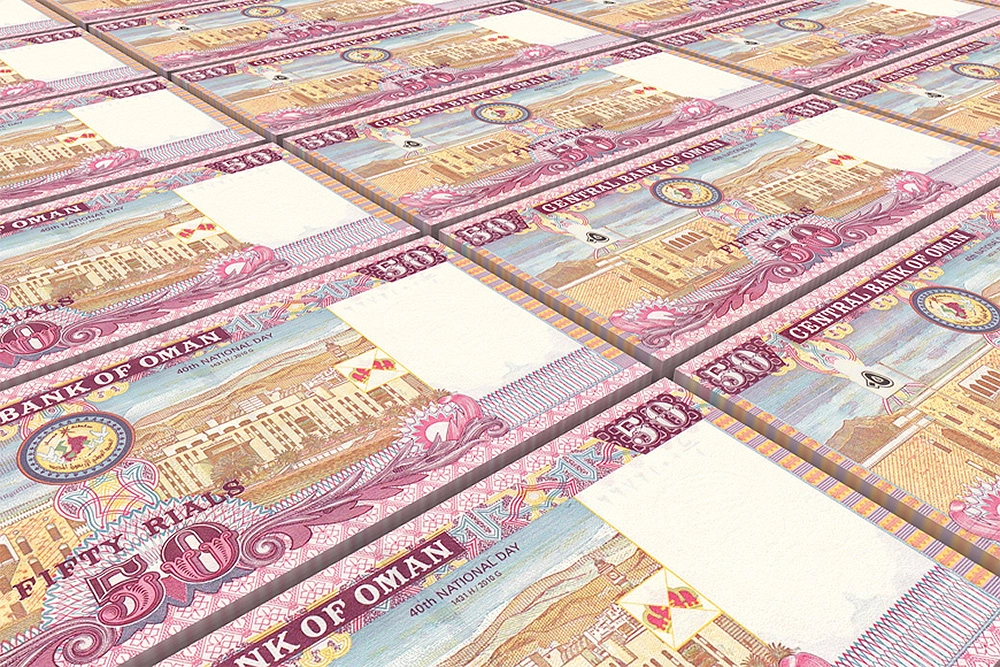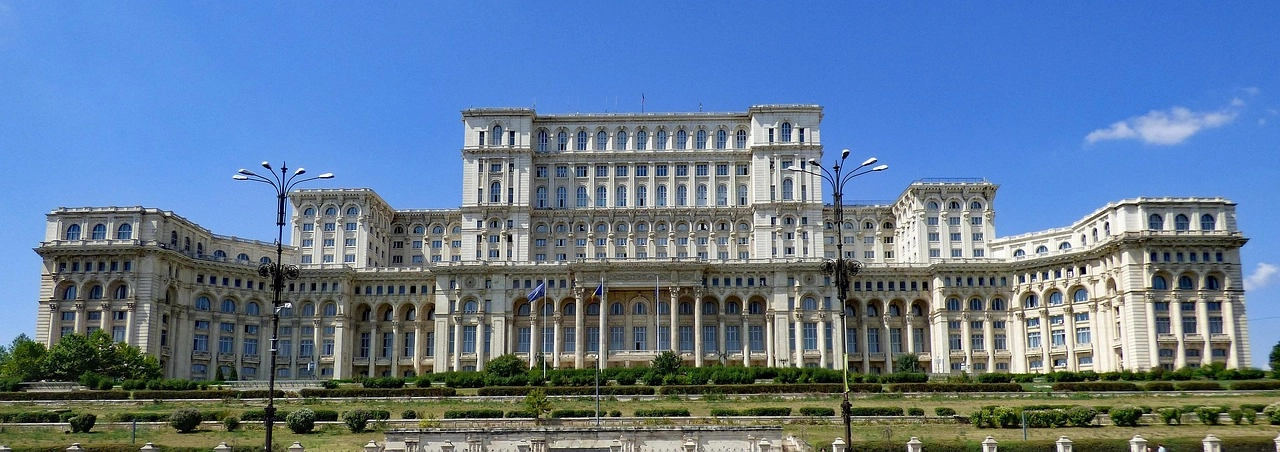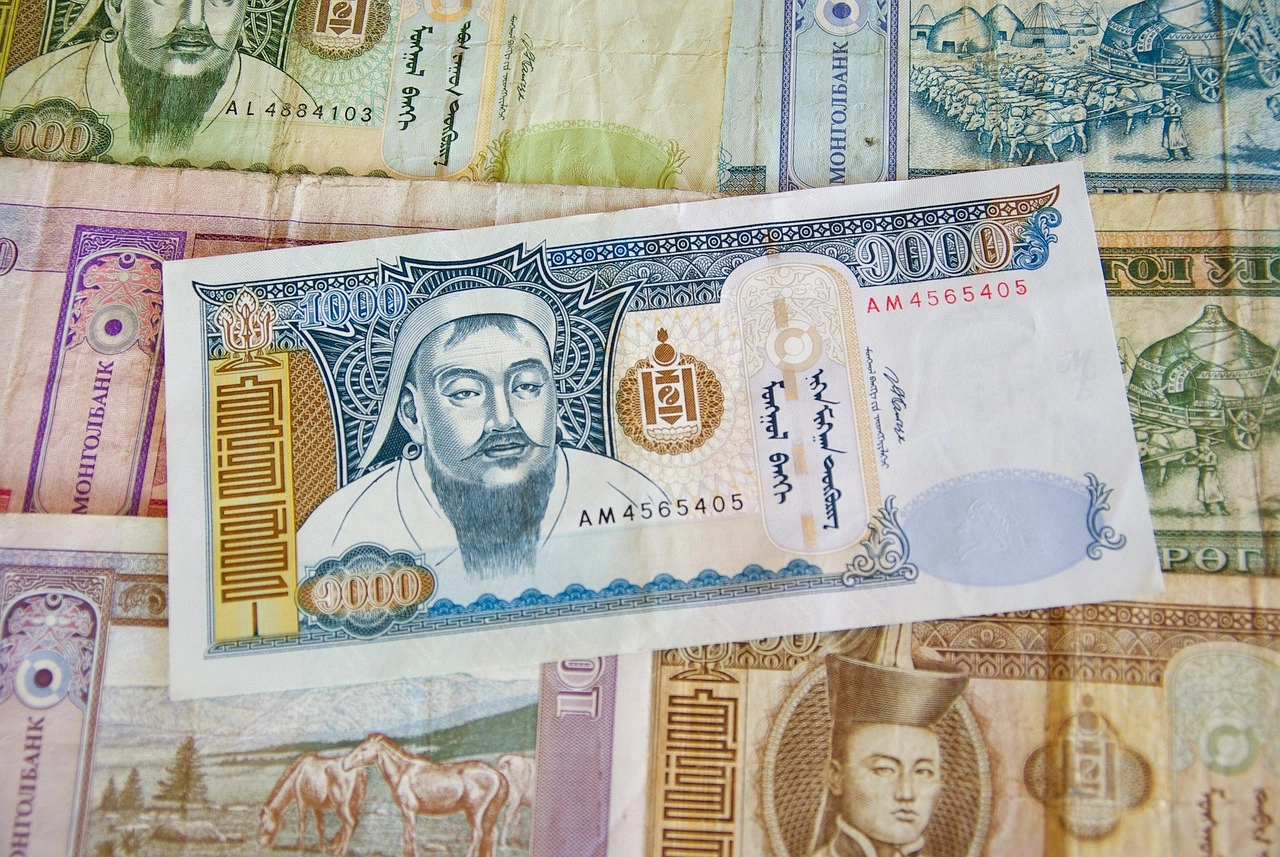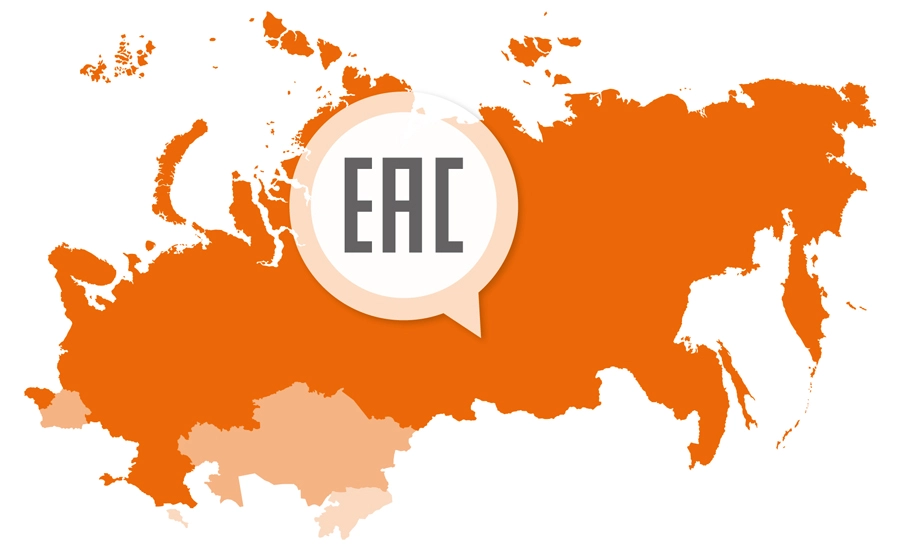Investor life hacks
The legislation of developing countries, as a rule, is aimed at attracting foreign investment. However, laws and business traditions often contain their "pitfalls". We talk about life hacks that will help you swim through these stones and not run aground.


Setting up a business in Slovakia is becoming an increasingly attractive solution for global entrepreneurs seeking to enter the EU market, take advantage of competitive tax rates, and operate in a stable, investor-friendly environment.

Oman's banking system plays a key role in ensuring financial stability and facilitating business growth. It is shaped by both local and international economic dynamics. The country's strategic location along important trade routes also strengthens the banking sector, facilitating international trade and attracting foreign investment.

Oman, thanks to its strategic location, abundant natural resources, and ambitious development plans, is becoming a growing business hub. As part of its Vision 2040 strategy, the country aims to diversify its economy, and a number of sectors present attractive opportunities for investors.

Venezuela is located on the northern coast of South America. The Venezuelan government is working to diversify its economy, creating a favorable environment for foreign investment and business through attractive preferential policies. With abundant natural resources and a young, dynamic workforce, Venezuela promises to be an ideal location for companies seeking to expand their markets and achieve sustainable development.

Kyrgyzstan is a jurisdiction open to foreign investment. The country offers unrestricted opportunities for development in all economic sectors. The local legal system creates a favorable environment for starting and developing businesses, reflected in low tax rates and an absence of unnecessary bureaucratic red tape.

Uzbekistan serves as a gateway to Central Asia, offering a growing economy and business-friendly reforms.

Romania is an Eastern European country with significant business potential. Its strategically important geographic location makes it a key trading hub between Eastern and Western Europe.

Montenegro is an ideal destination for those looking to open a business in Europe with limited start-up capital. Opening a business in Montenegro for a foreigner requires meeting a number of requirements and adhering to local laws.

Mongolia is among the fastest growing economies in the world with growth rates approaching 20%. This is all thanks to a boom in natural resource extraction that has attracted foreign investors to the local market with the idea of investing in Mongolia, as well as exporting to neighboring Russia and China.

Russia's $1.8 trillion economy offers massive opportunities but also a complex regulatory maze. For international businesses, certification isn’t just paperwork; it’s the legal gateway to accessing 180 million+ consumers across the Eurasian Economic Union (EAEU).

Russia has one of the world's largest economies and a significant domestic market. The country offers many opportunities for entrepreneurs and investors. With a strong economy, a strategic location at the crossroads of Europe and Asia, and a range of government incentives, the Russian Federation has become a prime destination for international businesses looking to expand.

Bahrain has positioned itself as a business and investment hub in the Middle East due to its favorable location, strong economic environment and business-friendly policies. Setting up a company in Bahrain will provide you with a variety of opportunities and access to regional markets.



 Other topics:
Other topics:
 New artıcles
New artıcles
 REAB Services
REAB Services

 News
News
 Useful tip
Useful tip

